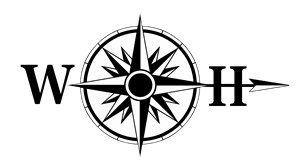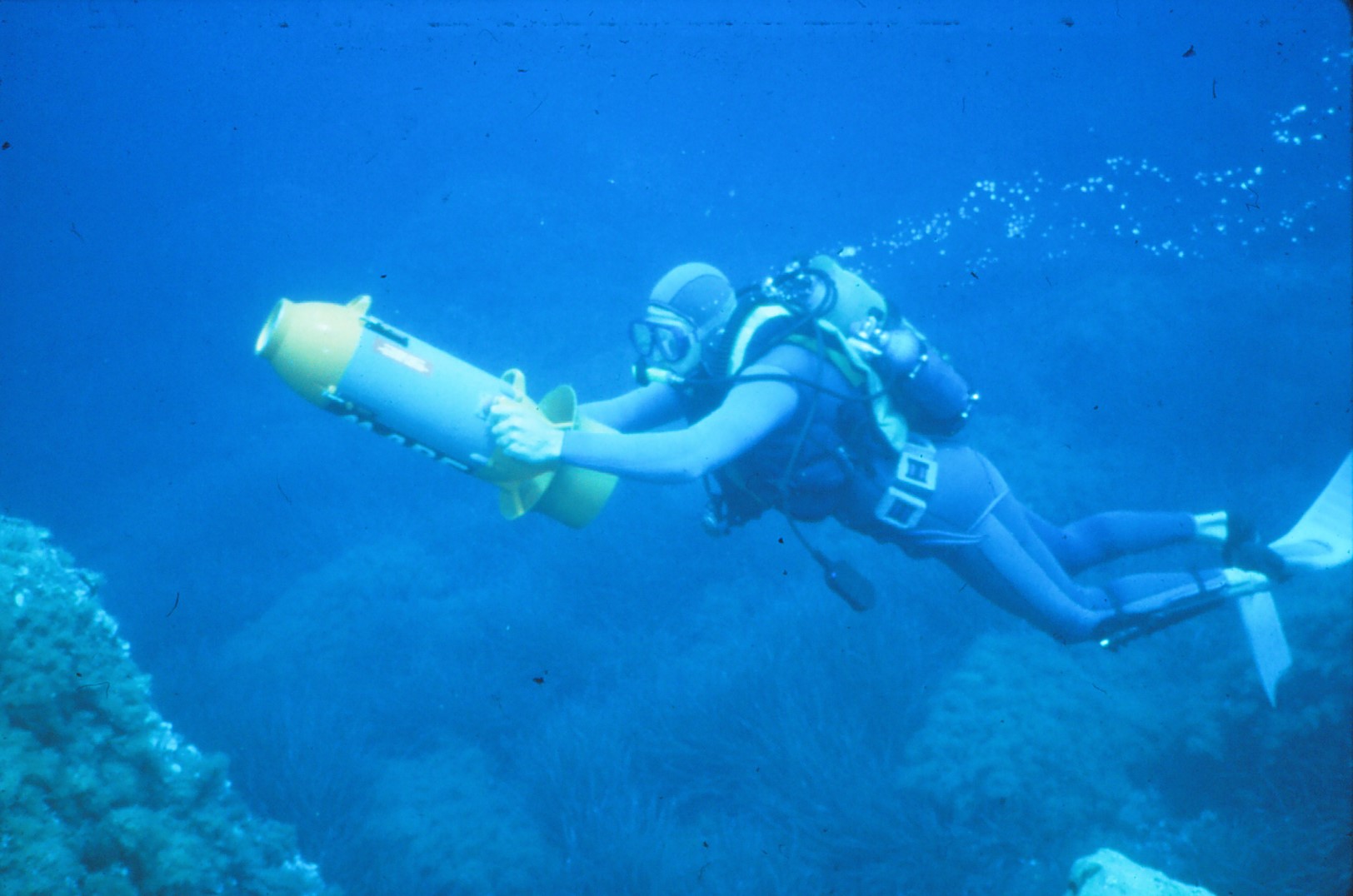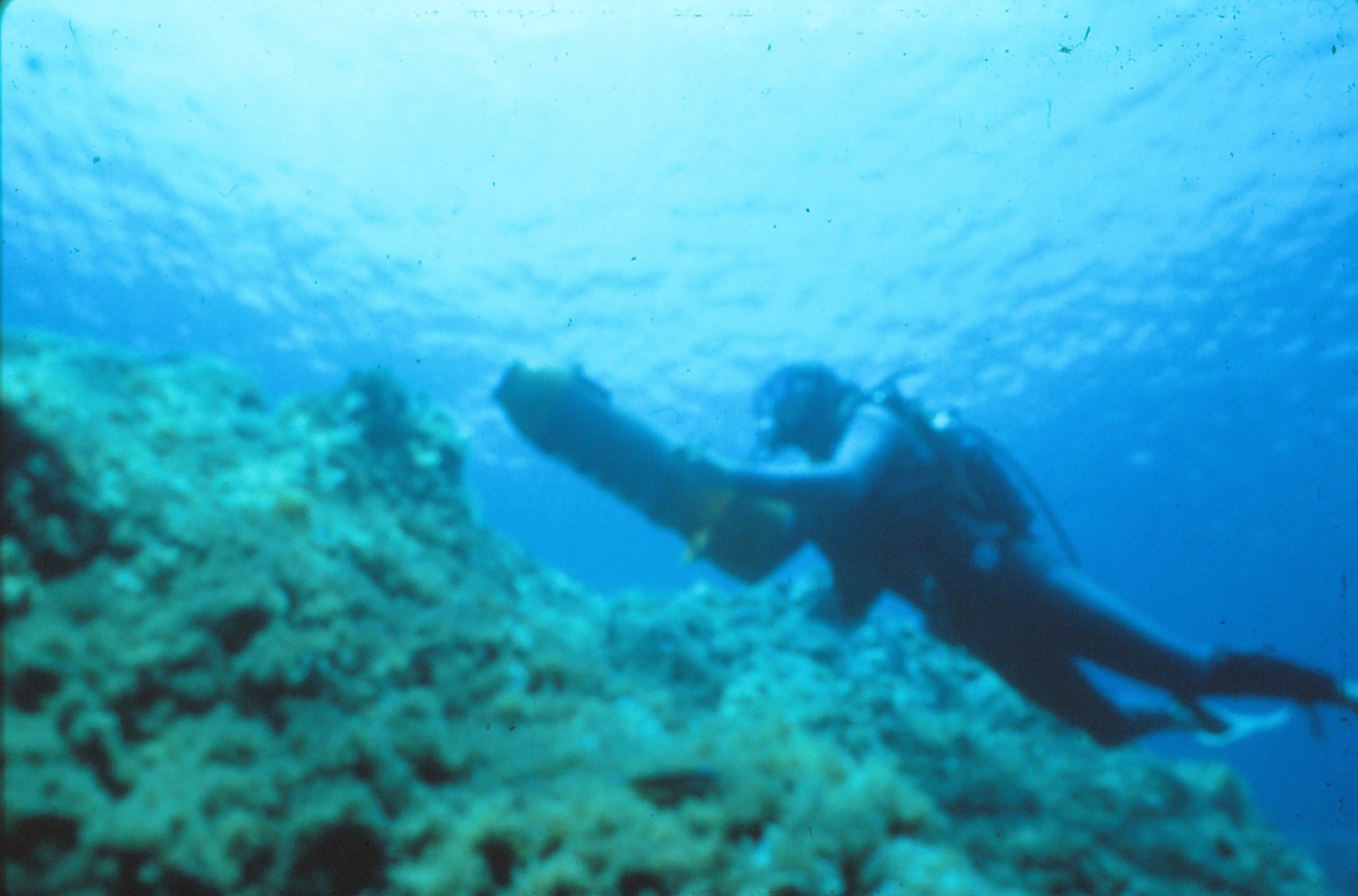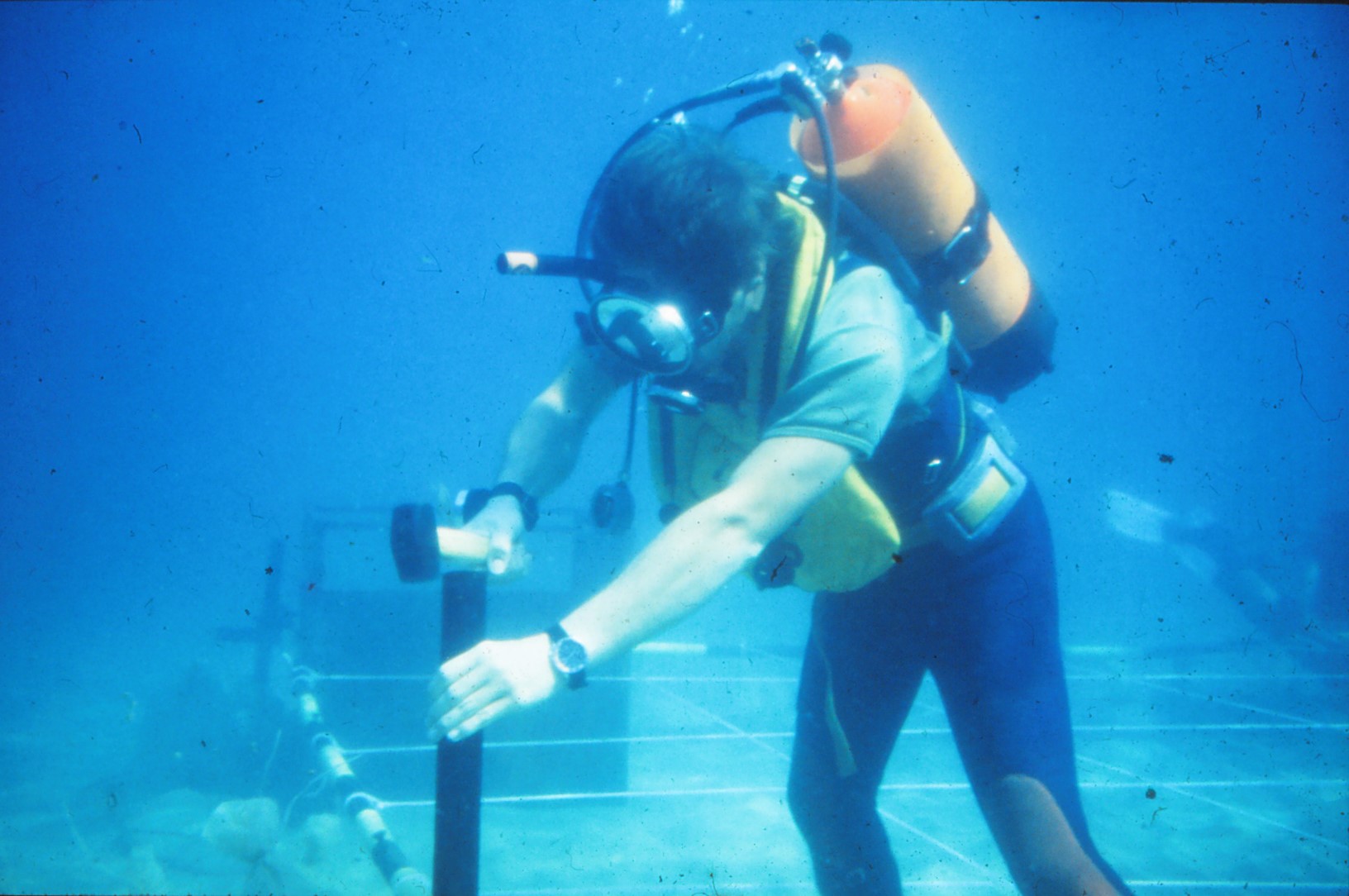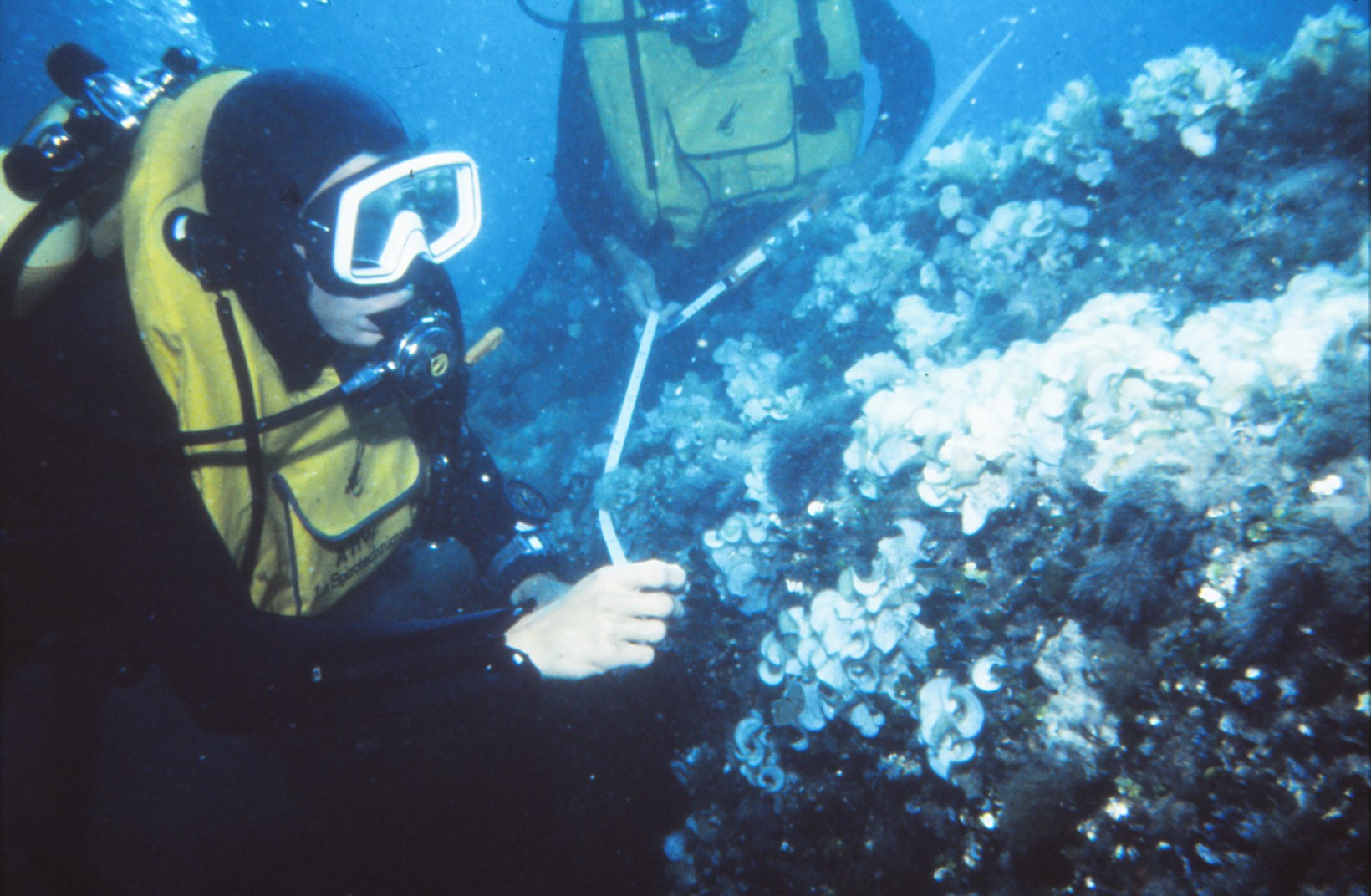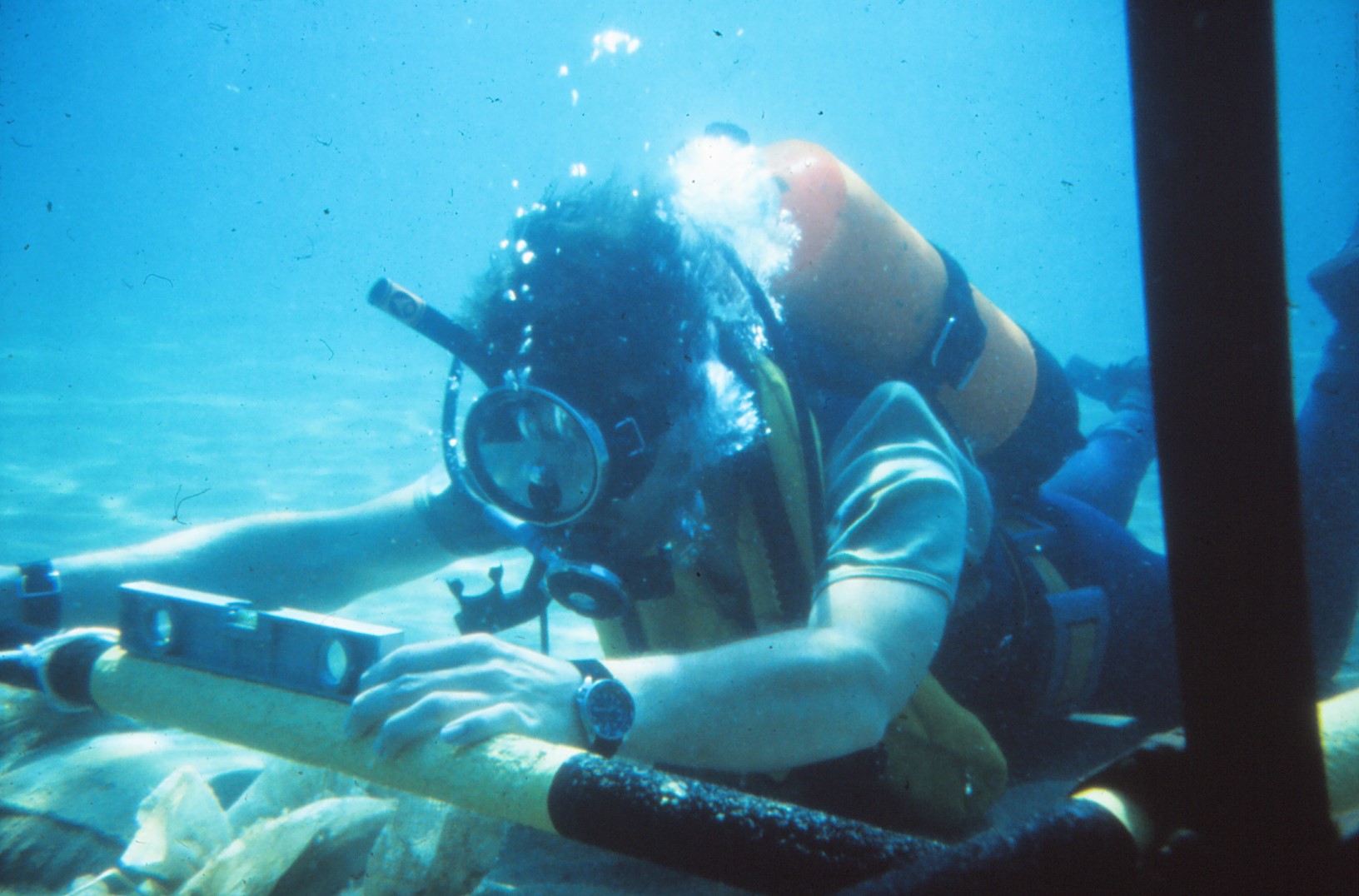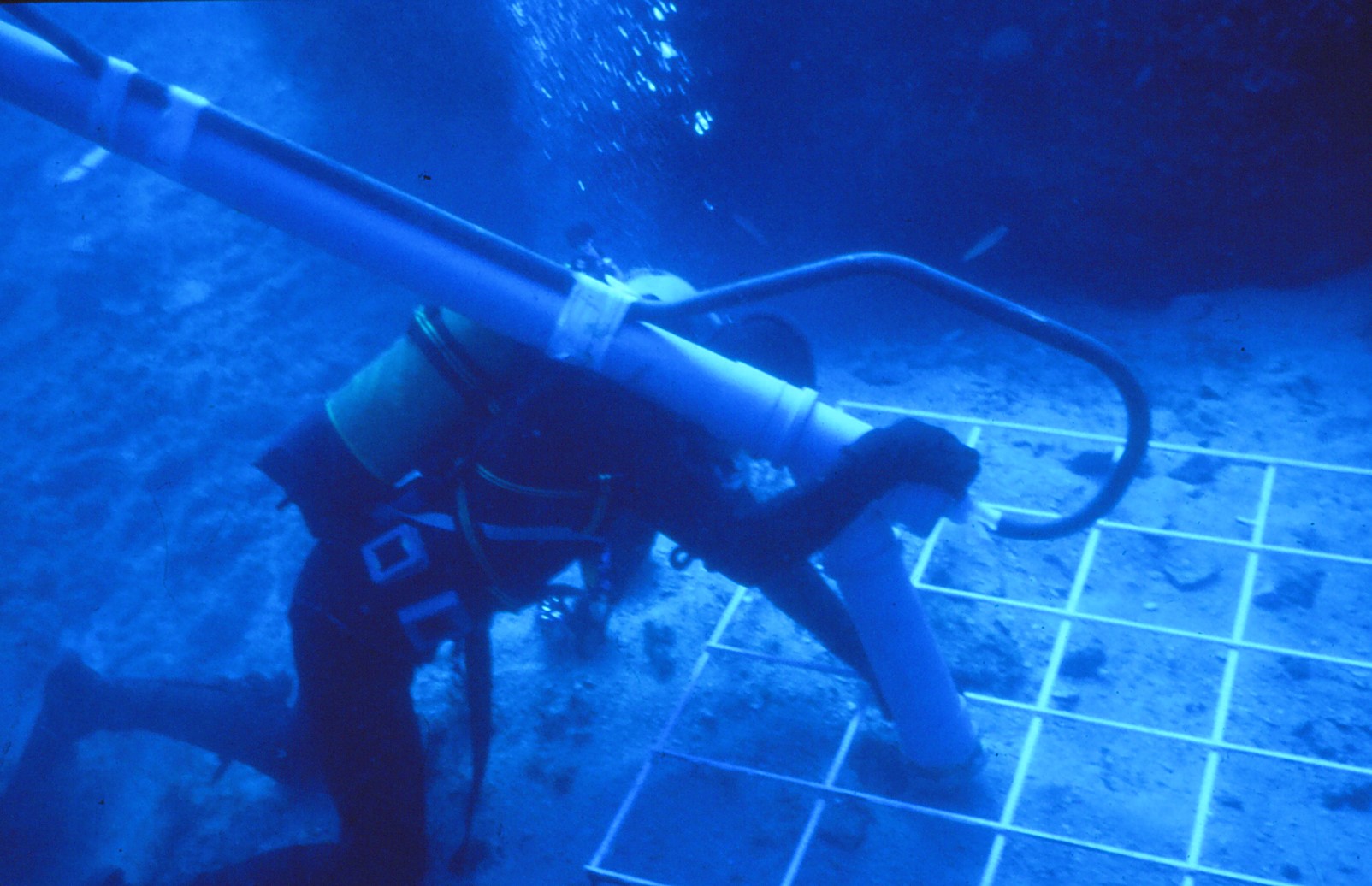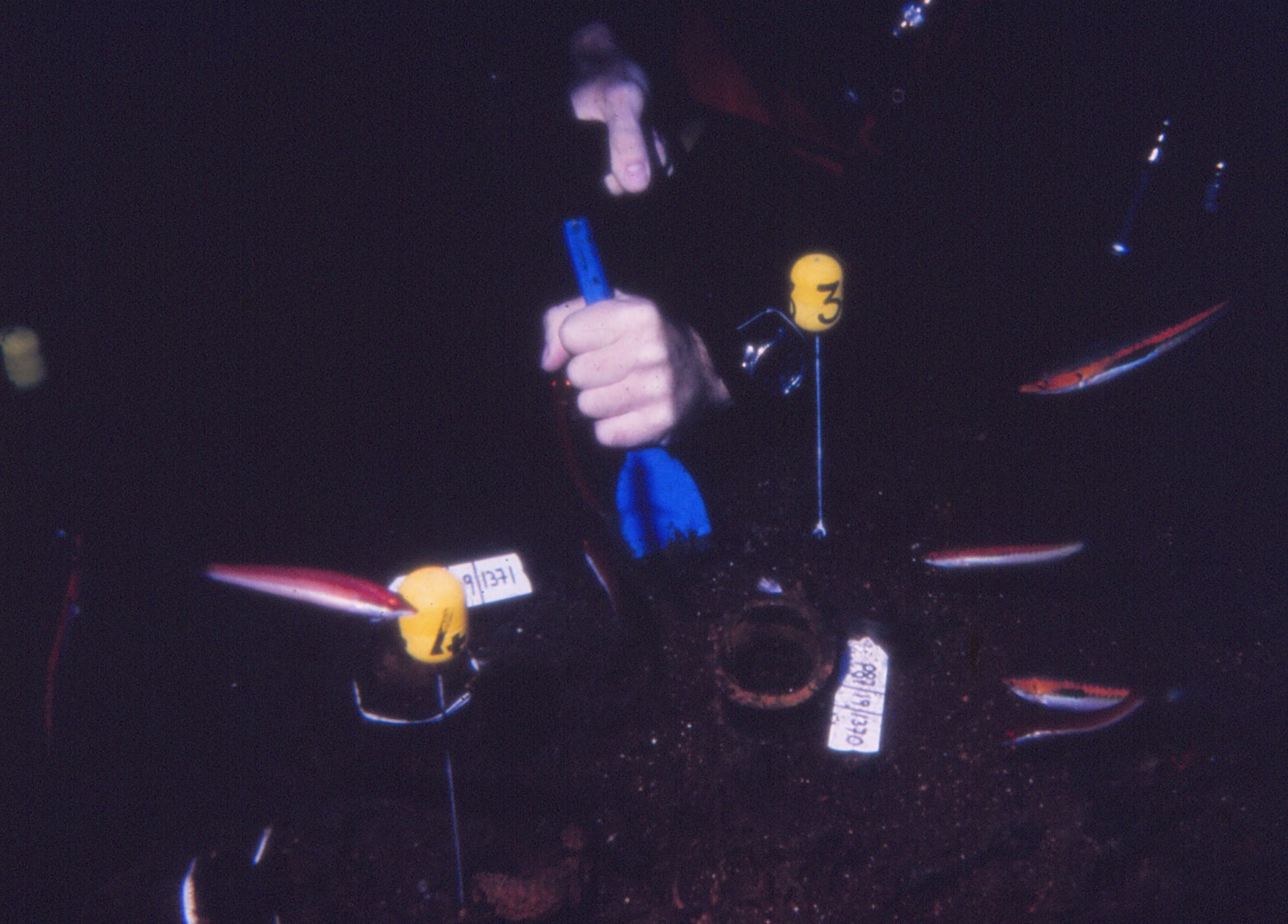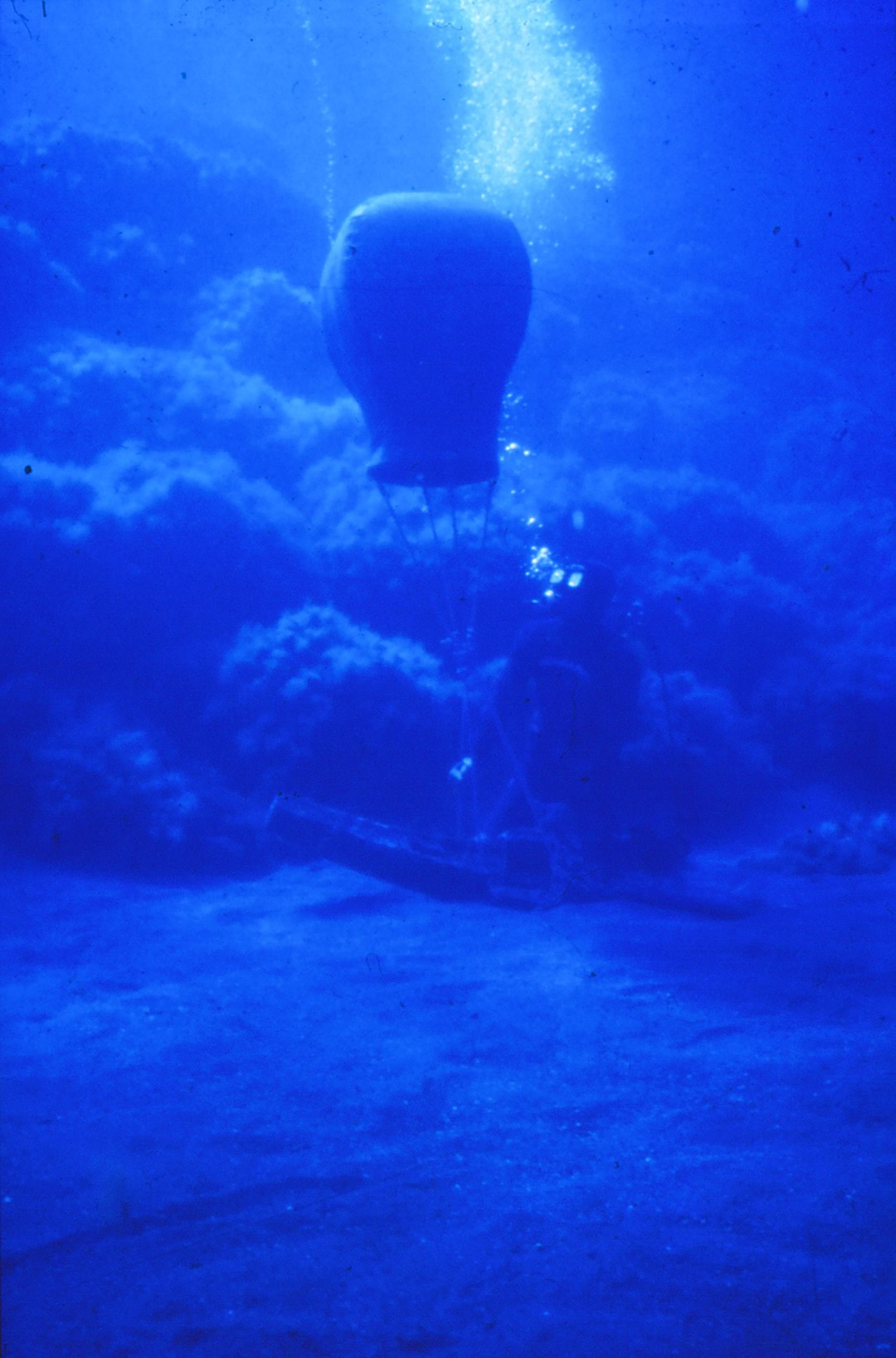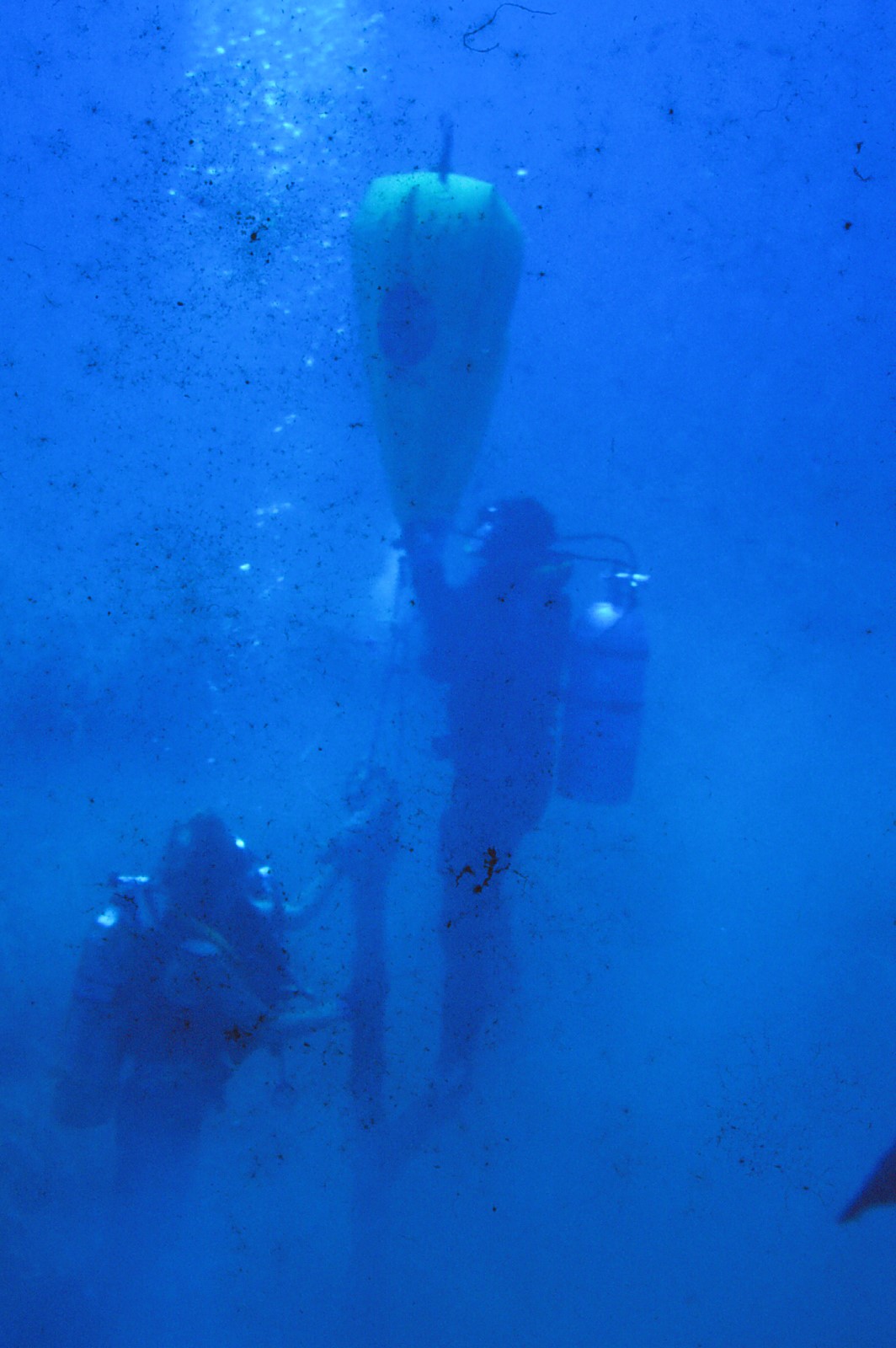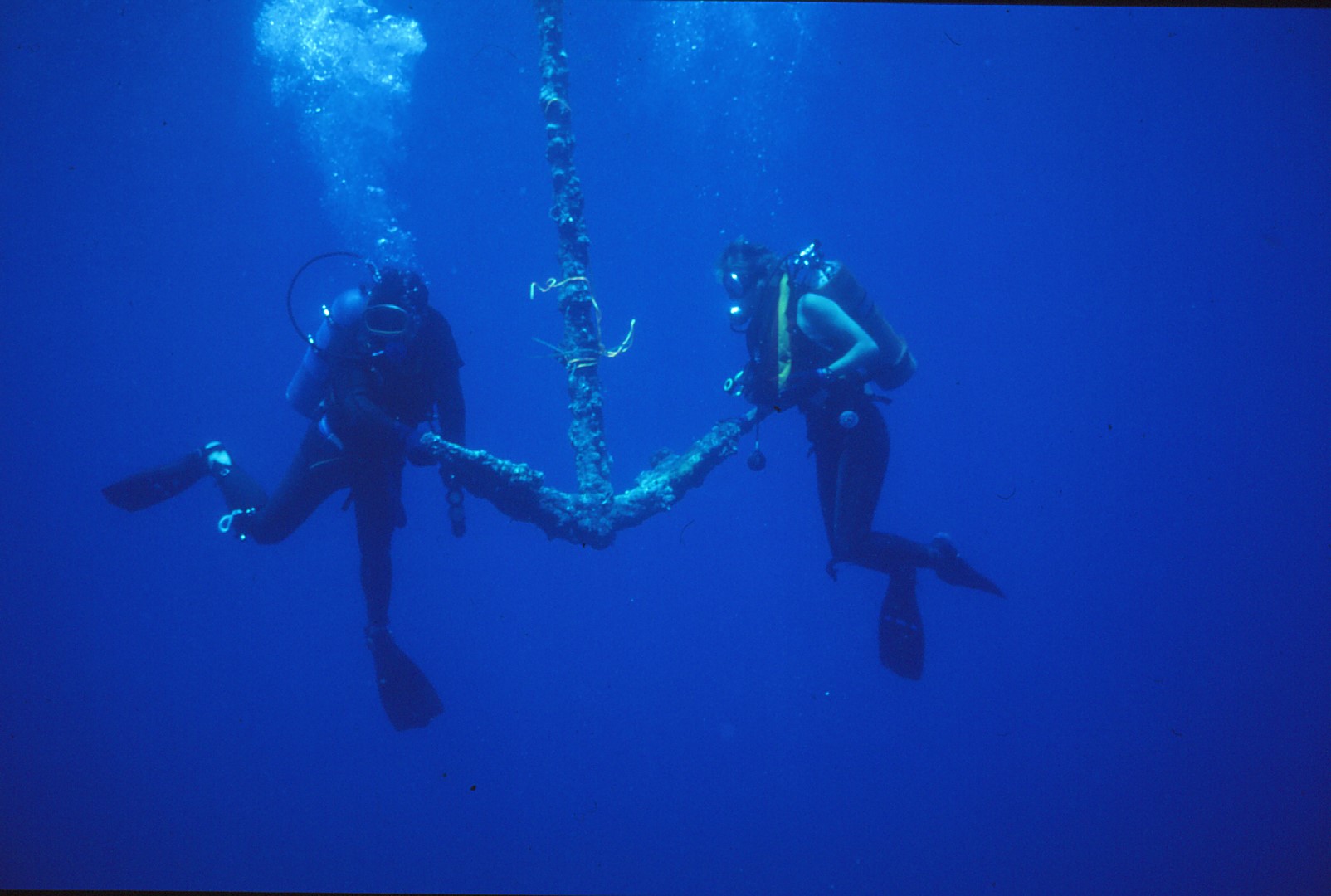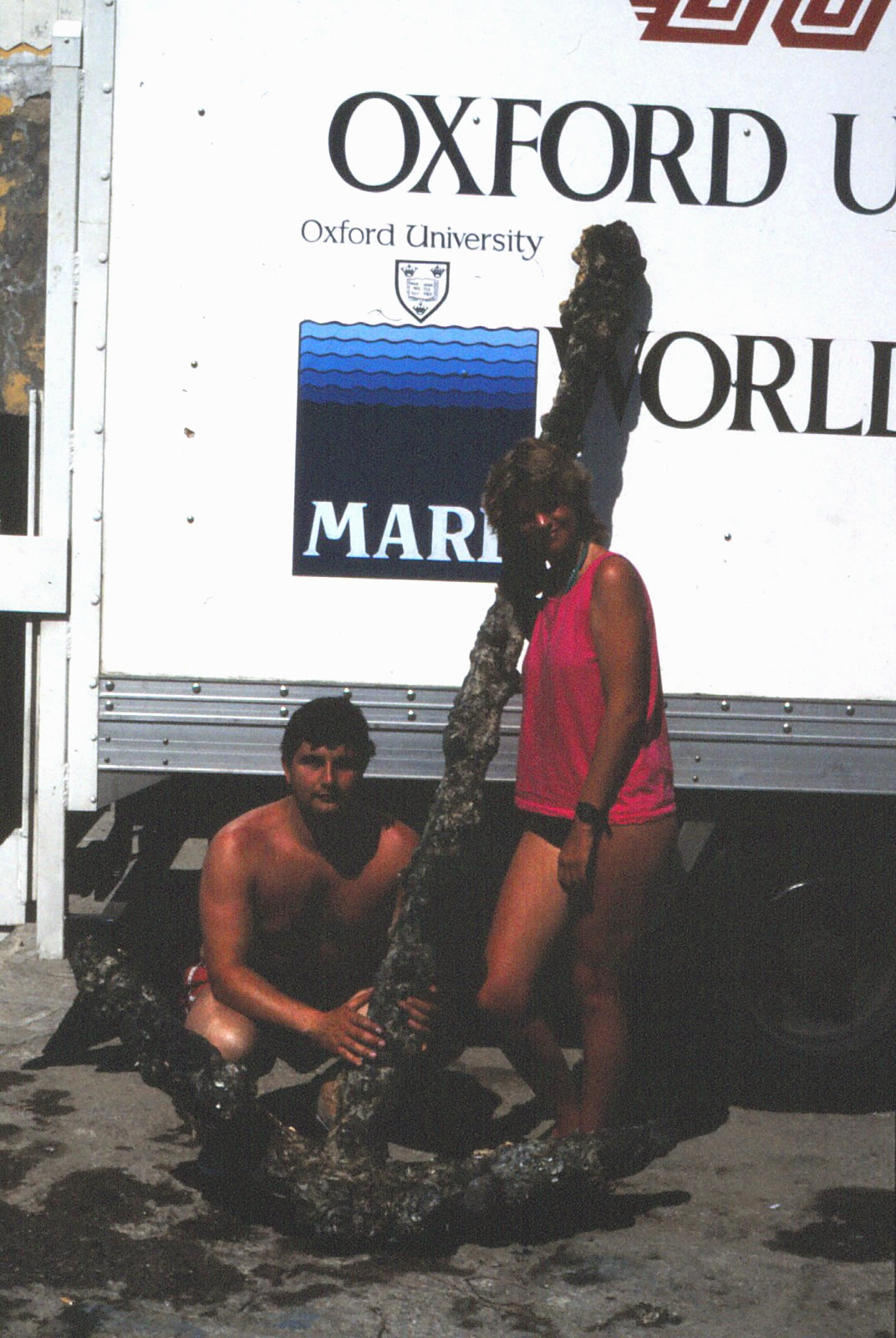Course Content
In our comprehensive course is aimed at teaching all the skills needed to achieve the training required to carry out diving archaeology.
It will comprise a combination of classroom and practical lessons on the wreck site itself.
Courses can be anything from one or two weeks up to three months, and will run from June to September.
What makes Wreck Hunters different is the ability to be able customise a course for you, depending upon your availability/commitments and experience level.
So, if you have attended other courses but have ‘gaps’ in your learning, we can help. Equally, if you are a complete beginner and have the time and resources, the team can take you through the complete experience.
Below is the ‘proposed’ full course content.
In 2022, we offered a one month opportunity for a small team of experiened divers to carry out the “pre-disturbance survey” of the site.
(Use the link opposite to view further details of this)
Costs:
Based on experience with the 2022 course, along with the GBP/USD exchange rate at that time, costs for the course would be approx.
£400 (GBP) per week – self catering basis
Obviously, this price is very much subject to change, therefore should be treated as purely indicative at this time.
Divers will be required to bring their own equipment, except for tanks and weights.
Season 2022
Diving Standards
Search Methods
- Tow / scooter – using traditional and modern methods to search large areas for wrecks
- Jackstay / corridor search – using a simple technique with a small number of divers to locate objects
- Swimline search – using a large number of divers to cover a significant area
- Grid search – a more structured method to search smaller areas thoroughly
- Circuar search – a simple but effective method of searching requiring only 2 divers
- Metal detector use – use of a underwater metal detector to locate objects
- Electronic search methods (echo sounder etc) – using a range of modern mehods to locate wrecks remotely
Survey – Traditional Methods
- Grid construction – laying a basic grid to assist in an initial survey of a site
- Baseline positioning – how to position a baseline to effectively survey a site
- Planning frames – use of – the use of planning frames to record visible parts of a wreck
- Triangulation – surveying by the use of angles
- Offsets – taking distance measurements at right angles to a datum line
- Contour plan – measuring the contours of a site
- Probe survey – use of probes to determine the possible format of a wreck site
- Outline planning – basic planning and “sketching”
- Photomosaics – creating a photomontage of a site
- Video recording – the use of video to record a site before excavation
Survey - Electronic
- Gis methods – electronic mapping of a site
- Other – alternative mehods to gis
Recording Techniques
- An introduction to the various recording techniques used in a pre-disturbance survey
Excavation / Associated Skills
- Grid construction – construction and use of underwater grids around a site
- Airlifts construction and use – how to construct and use an “underwater vaccum cleaner”
- Use of other excavation tools – use of other tools found on underwater sites
- Lifting / recovery of atrefact techniques – various methods of safely recovering finds from sites
- Recording techniques – including items in situ – instruction in a range of recording methods
- Photomosaics – training in the production of a photomontage of a site
- Site photography – the effective recording of an underwater site by photography
- Drawing techniques – practice in recording a site by non-photographic means
Safety
- Wet bell use – use of an underwater “telephone booth”
- Underwater communications – use of traditional methods (rope signal) to through the water communications
- Boat skills / dive boat management – use of small boats (zodiac) and the supervision of a diving project
- Compressor operations – the use and maintenance of portable compresors
- Decompression tables and use – instruction and use of relevant decompression tables
The Post Excavation Treatment of Artefacts
-
“First aid” for marine finds
Recording of Finds
-
Post fieldwork processing – the drawn and photographic record
Expedition Planning
-
How to plan and organise a small project devoted to maritime archaeology
The Preservation of Underwater Sites
-
The maintenance of known sites
